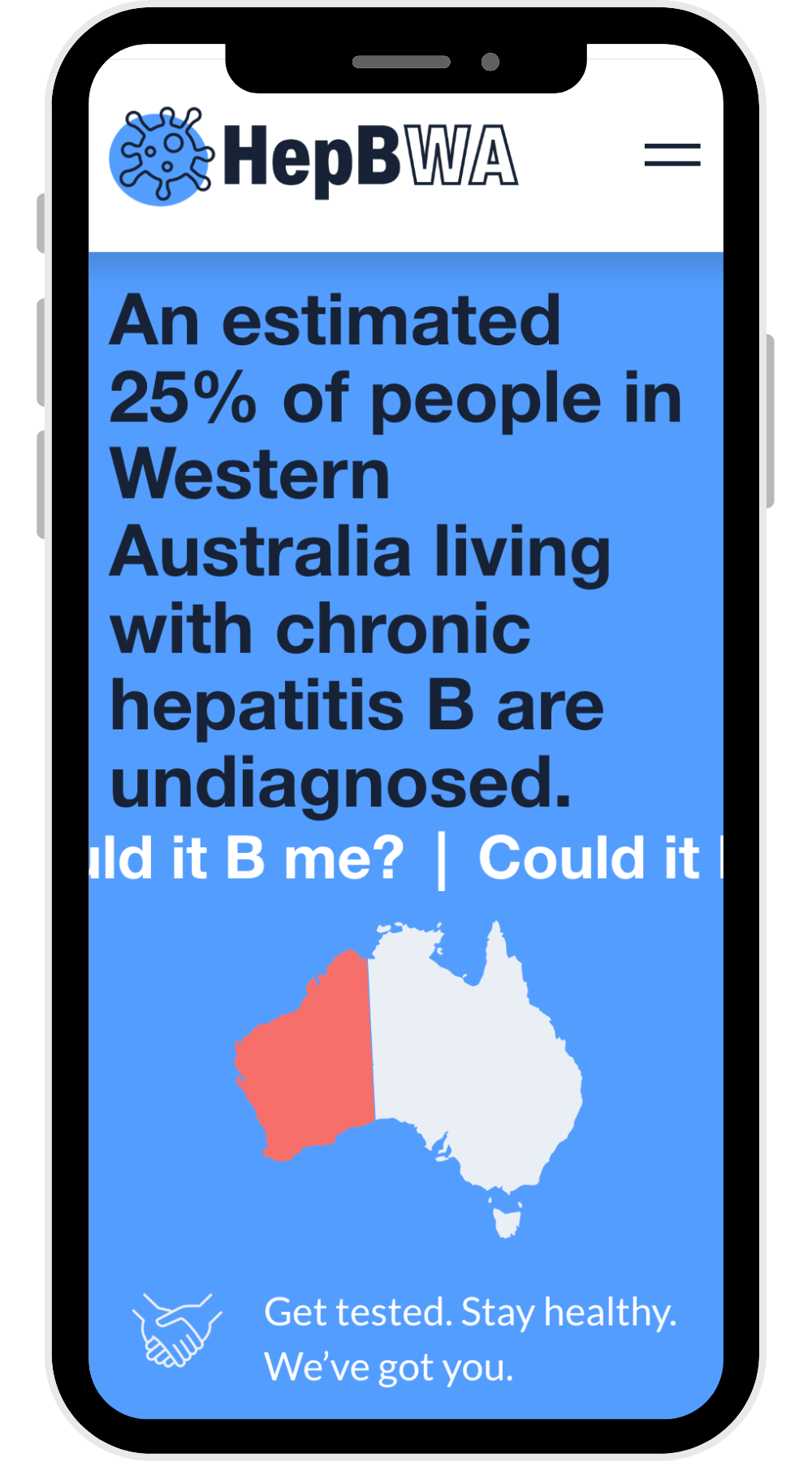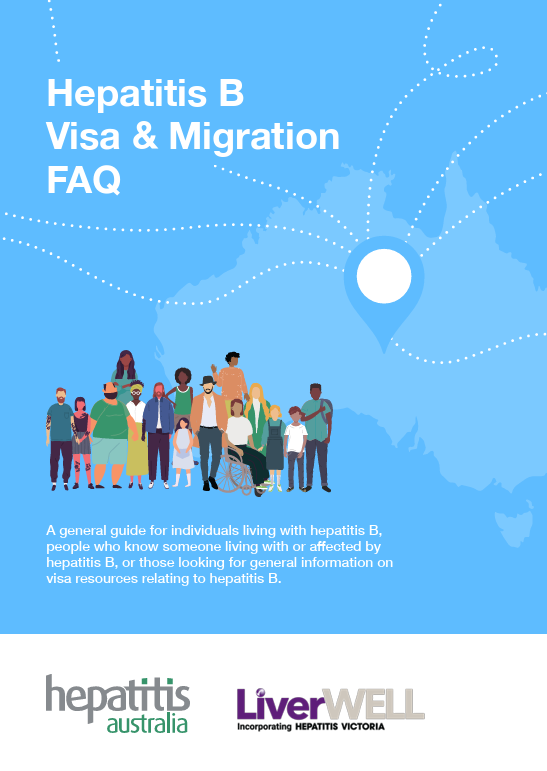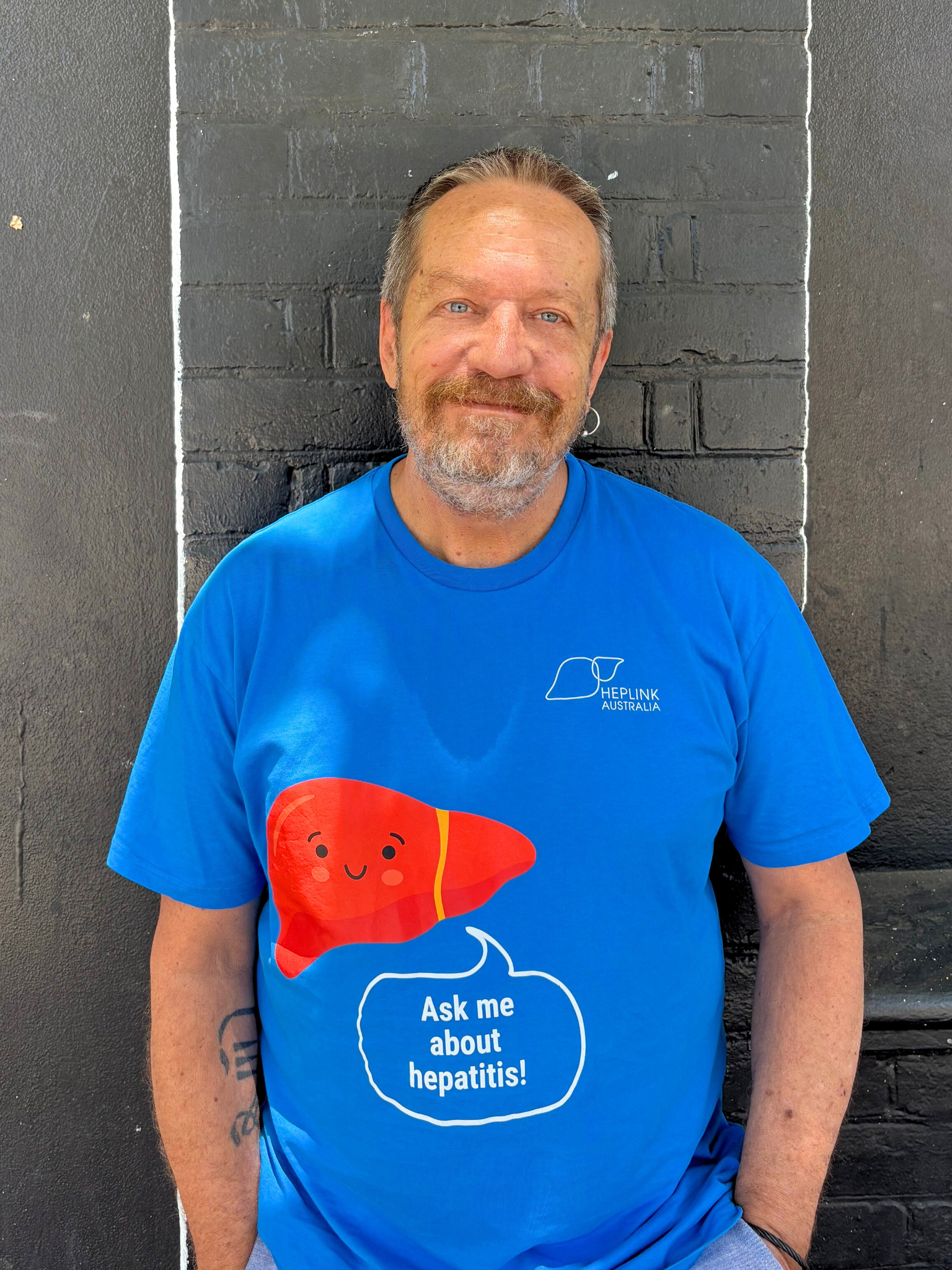We help and empower those affected by and living with viral hepatitis in Western Australia
HepatitisWA is a proud supporter of HepLink Australia
HepLink Australia provides confidential, free and localised viral hepatitis information and support services.
How can HepLink Help?
HepLink Australia is available to anyone, anywhere in Australia, including:
People living with viral hepatitis including hepatitis B and hepatitis C
People who have previously had viral hepatitis
People at risk of viral hepatitis
Families or friends of a person living with, or at risk of, viral hepatitis
Health or social service workers
The general public
HepLink for Western Australia
If you’re calling from Western Australia, you will be talking to a HepLink officer in Perth with knowledge about hepatitis and relevant services available in your area. HepatitisWA and The Deen Clinic are the Western Australian, Perth-based HepLink support service located at 134 Aberdeen Street, Northbridge WA 6003
Monday - Friday 9am - 5pm
heplink@hepatitiswa.com.au
1800 437 222
HEPATITIS C TESTING
•
RESULTS IN 1 HOUR
•
HEPATITIS C TESTING • RESULTS IN 1 HOUR •
The Deen Clinic now offers point of care (finger-prick) testing for Hepatitis C.
It is quick, easy and accurate.
Just walk in, no appointments needed.
Our new online portal that connects remote WA communities to hepatitis B care
HepBWA is anonline portal for multicultural, remote and regional WA Communities to learn about hepatitis B.
People in the Mid-West can now book telehealth appointments with HepatitisWA’s Deen Clinic for hepatitis B screening, diagnosis and treatment. No referral needed.
Contact Us
134 Aberdeen Street
Northbridge, WA 6003
Phones
HepatitisWA (08) 9227 9800
HepLink 1800 437 222
The Deen Clinic (08) 9227 9805

















